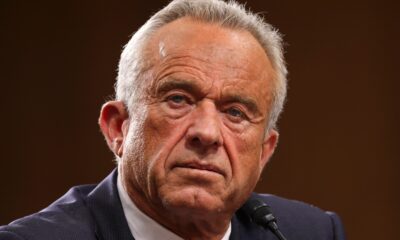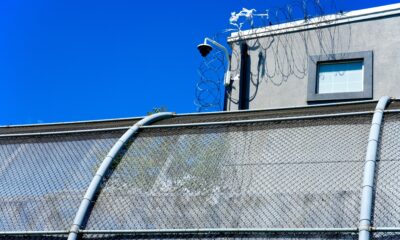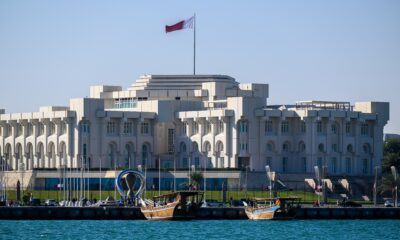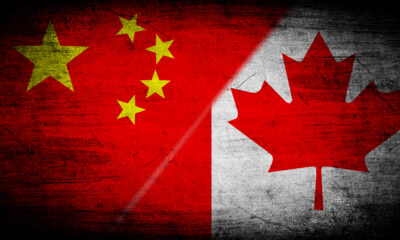Judge BACKS Trump Tariffs – Prez Power WINS

Federal Judge T. Kent Wetherell II has delivered a significant victory for Presidential authority over trade policy, ruling that President Trump acted lawfully in imposing tariffs on Chinese goods to protect national security and address trade imbalances.
At a Glance
- Judge T. Kent Wetherell II rejected a Florida company’s emergency lawsuit challenging Trump’s Chinese tariffs
- The ruling affirms presidential power under the International Emergency Economic Powers Act (IEEPA) to impose tariffs beyond revenue-raising purposes
- The judge directed further challenges to the U.S. Court of International Trade, which is already handling similar cases
- This marks the first federal court ruling supporting Trump’s interpretation of the IEEPA for tariff implementation
Presidential Authority Upheld
In a significant legal development for the Trump administration, U.S. District Judge T. Kent Wetherell II has ruled that President Trump acted within his legal authority when imposing tariffs on Chinese imports. The judge dismissed an emergency lawsuit filed by a Florida company seeking to block the tariffs, stating that such challenges should be directed to the U.S. Court of International Trade (CIT). This ruling represents the first time a federal judge has specifically endorsed Trump’s interpretation of the International Emergency Economic Powers Act (IEEPA) as a legitimate basis for implementing tariffs.
“It makes no sense for this case to remain in this court because the CIT is already considering multiple nearly identical suits,” wrote Judge Wetherell in his decision, emphasizing the procedural appropriateness of channeling these challenges through the specialized trade court.
National Security Justification
Judge Wetherell’s ruling directly addressed the central argument against the tariffs: that the IEEPA doesn’t authorize presidents to impose tariffs for purely economic reasons. The judge disagreed, citing the 50-year-old Yoshida International Inc. decision as precedent. He determined that Trump’s stated purposes for the tariffs extend beyond simple revenue generation to include legitimate national security concerns, such as addressing the flow of illegal drugs into the United States and remedying persistent trade imbalances with China.
“Likewise, the stated purpose of the tariffs at issue in this case is to help stem the flow of illicit drugs into the United States and to remedy an ongoing trade imbalance, not to raise revenue.”, said Judge Wetherell
The ruling represents a temporary victory for the administration, which has consistently argued that the tariffs serve broader strategic purposes rather than just economic ones. The decision also suggests that presidential authority in international trade matters may be broader than critics have claimed, particularly when national security interests can be demonstrated.
Ongoing Legal Challenges
While this ruling represents an important win for presidential trade authority, the legal battle over Trump’s tariffs is far from over. The U.S. Court of International Trade is currently considering whether to block the “Liberation Day” tariffs while litigation proceeds. A coalition of small businesses, backed by conservative-leaning legal groups, is seeking an injunction, arguing that the tariffs cause immediate economic harm and exceed presidential authority under the IEEPA.
The CIT has previously denied an immediate halt to the tariffs, citing insufficient evidence of immediate harm to the plaintiffs. However, the court has not ruled on a president’s authority to impose tariffs in five decades, making this case particularly significant. The three-judge panel has focused on whether trade imbalances constitute a legitimate national emergency and the scope of presidential power under the IEEPA. Legal experts anticipate a lengthy process that could eventually reach the Supreme Court.
Economic and Political Implications
Trump’s tariff policies have been a cornerstone of his economic approach, despite warnings from some economists about potential negative impacts. Small businesses have reported particular hardships from the tariffs, which is driving much of the current legal opposition. The administration’s recent temporary rollback of some Chinese tariffs may influence the court’s decision on whether to grant an injunction while the case proceeds on its merits.
The case highlights the tension between presidential authority in foreign affairs and limitations on executive power. While Judge Wetherell’s ruling affirms broad presidential discretion under the IEEPA, critics worry about the precedent this sets for unchecked executive authority. The eventual resolution of these cases will likely reshape the boundaries of presidential power in international trade for decades to come.
























